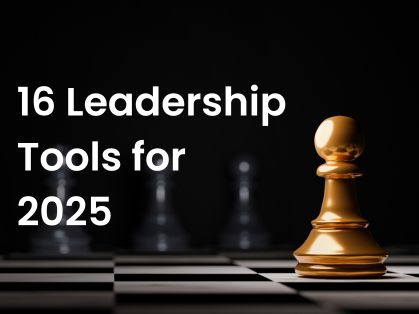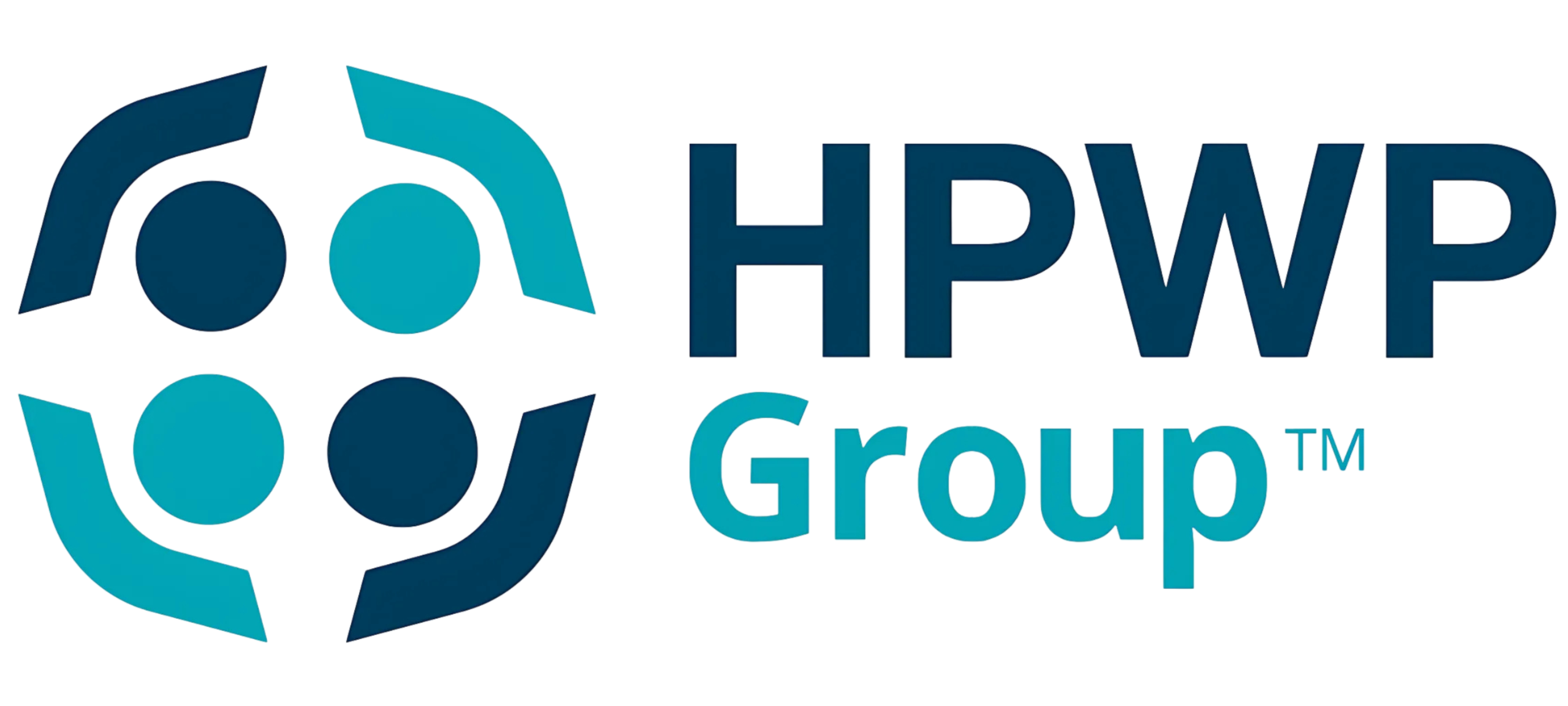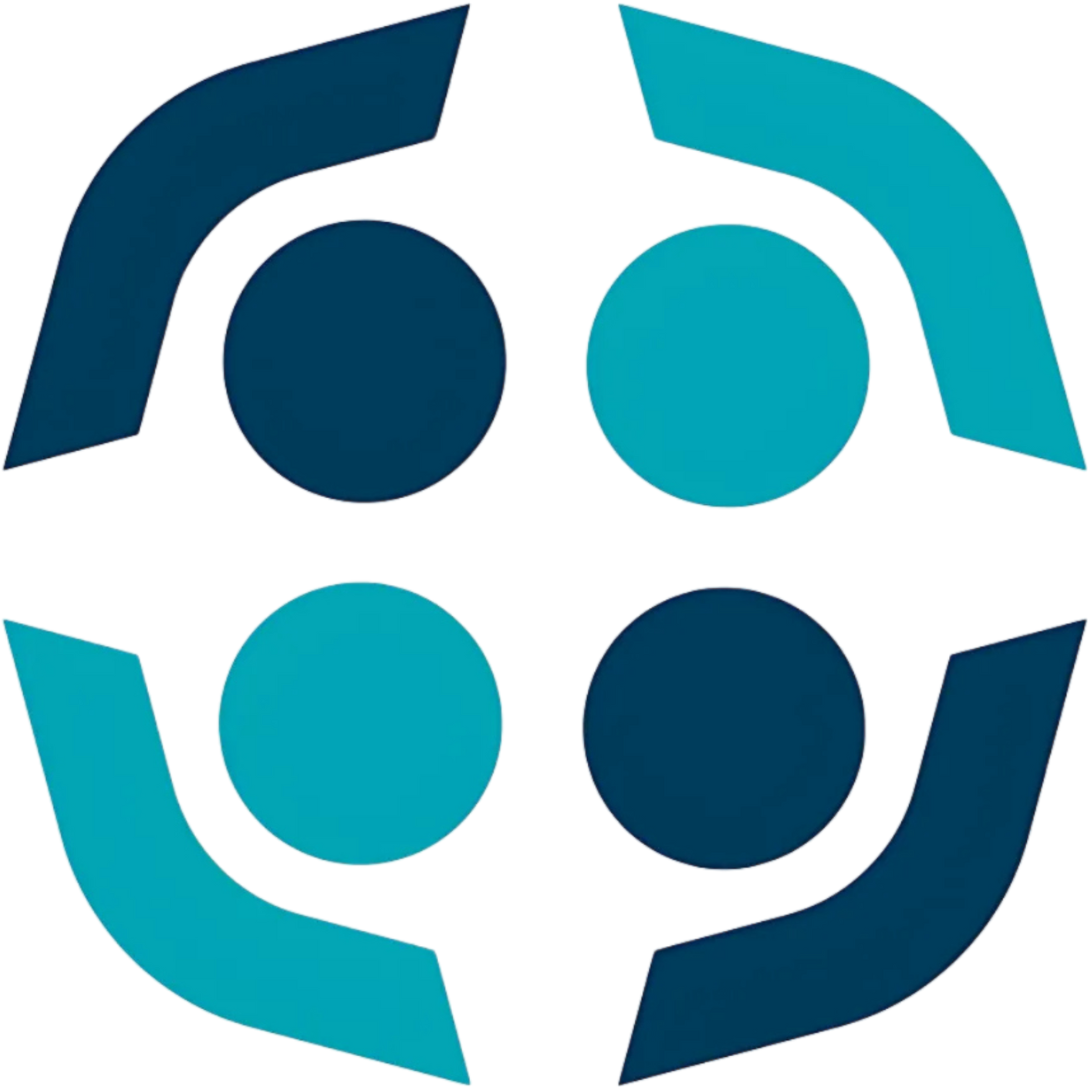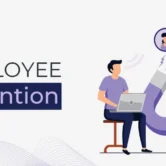16 Game-Changing Leadership Development Tools for 2025

In 2025, effective leadership goes beyond the ability to make choices or having a long tenure. Modern leaders are now expected to be flexible, possess high emotional intelligence, be data-focused, and adept at promoting innovation within teams. As workplaces transform due to hybrid work setups, digital advancements, and an emphasis on employee wellness, leadership development resources have become critical for shaping contemporary leaders.
Companies that commit to leadership development tools not only bolster their employees but also establish lasting growth. Regardless of your role – CEO, HR leader, or aspiring manager – utilizing the appropriate tools will ensure you stay current and competitive. Here are 16 impactful leadership development tools for 2025, designed to revolutionize how leaders learn, mature, and guide.
1. AI-Powered Leadership Assessment Platforms
Artificial Intelligence is reshaping leadership training. Tools like AI-based psychometric assessments provide real-time insights into leadership strengths, blind spots, and potential growth areas. These platforms analyze communication, emotional intelligence, and adaptability, helping leaders personalize their growth journey.
2. Virtual Reality (VR) Leadership Simulations
VR simulations allow leaders to experience real-life scenarios in a safe, controlled environment. For instance, handling a crisis meeting, managing cross-cultural teams, or addressing conflicts can be practiced using VR before facing them in reality. This immersive learning is particularly useful for organizational change management training.
3. Digital Coaching Platforms
Platforms like BetterUp or CoachHub connect leaders with certified coaches worldwide. These tools combine AI-driven insights with personalized coaching sessions, making leadership guidance more accessible and scalable for companies investing in organizational development programs.
4. Emotional Intelligence (EQ) Training Apps
In 2025, emotional intelligence is no longer optional—it’s a requirement. Apps that focus on empathy, self-awareness, and interpersonal communication give leaders practical exercises to improve team engagement and resilience. EQ training is closely tied to organizational development training because it directly impacts culture and performance.
5. 360-Degree Feedback Tools
Feedback is one of the most powerful leadership development methods. Platforms like Qualtrics and CultureAmp allow team members, peers, and supervisors to evaluate a leader’s performance. These insights help leaders align with organizational goals and improve areas that directly affect team morale.
6. Microlearning Platforms for Leaders
Busy executives rarely have time for week-long training programs. Microlearning platforms deliver short, targeted lessons on leadership, conflict resolution, or decision-making in bite-sized formats. This keeps learning continuous and adaptable to fast-paced work environments.
7. Project-Based Learning Systems
Learning by doing is the most effective way to build leadership skills. Project-based development platforms give leaders opportunities to practice strategy execution, innovation, and collaboration on real organizational challenges, making the learning experience practical and impactful.
8. Leadership Analytics Dashboards
Data is king in 2025. Analytics dashboards track leadership performance, employee satisfaction, and productivity trends. Organizations can use these insights to design tailored organizational development consulting strategies for long-term success.
9. Digital Collaboration Tools with Leadership Features
Tools like Microsoft Teams and Slack are evolving with advanced leadership dashboards. They allow leaders to measure engagement, set goals, and monitor cross-team collaboration in real time. This ensures that hybrid and remote teams remain aligned.
10. Gamified Leadership Training
Gamification makes leadership development engaging. Interactive games and simulations encourage leaders to solve challenges, earn rewards, and compete in scenarios like decision-making under pressure. This approach is particularly effective for millennial and Gen Z leaders who value hands-on, fun learning experiences.
11. Personalized Leadership Learning Paths
Adaptive learning platforms design unique courses for each leader based on their career stage, personality, and goals. Instead of a one-size-fits-all program, leaders receive customized leadership journeys that evolve with their needs and organizational priorities.
12. Conflict Resolution Tools
Conflict is inevitable in any workplace. Tools designed for mediation, negotiation, and organizational change management equip leaders with structured approaches to resolving disputes. These tools help create healthier team dynamics and reduce turnover.
13. AI-Driven Mentorship Matching Platforms
Mentorship has always been critical for leadership development. AI now matches leaders with mentors based on personality, goals, and expertise. This ensures stronger, more effective mentorship relationships that accelerate leadership growth.
14. Leadership Wellness & Resilience Apps
Leaders who don’t manage stress risk burnout. In 2025, wellness apps designed for executives combine mindfulness, stress management, and leadership resilience training. These platforms strengthen mental fitness, ensuring leaders can navigate uncertainty with clarity.
15. Inclusive Leadership Development Tools
Diversity, equity, and inclusion (DEI) remain essential for leadership effectiveness. Tools that measure bias, provide inclusive communication training, and encourage diverse hiring practices enable leaders to build stronger, more innovative teams.
16. Organizational Development Consulting Platforms
Finally, companies are turning to organizational development consulting platforms for comprehensive solutions. These platforms offer structured organizational development programs, blending coaching, training, and culture assessments to align leaders with long-term business strategy. In an era where organizational agility matters, these platforms are indispensable.
Why These Tools Matter in 2025
The leadership landscape in 2025 is vastly different from what it was a decade ago. Leaders now manage hybrid teams, embrace digital-first strategies, and drive social responsibility initiatives. The tools above empower leaders to:
- Improve decision-making with data and AI
- Strengthen resilience and adaptability during uncertainty
- Enhance communication and collaboration across global teams
- Drive successful organizational change management initiatives
- Foster a culture of inclusion, innovation, and engagement
Companies that adopt these tools will not only future-proof their leadership pipeline but also position themselves as industry leaders.
Final Thoughts
Leadership in 2025 requires agility, innovation, and emotional intelligence. By integrating these 16 game-changing leadership development tools, organizations can ensure their leaders are not just prepared for today’s challenges but are also equipped to shape tomorrow’s opportunities. Whether through organizational development training, immersive VR simulations, or AI-driven mentorship platforms, the goal remains the same: building leaders who can inspire, adapt, and thrive.










